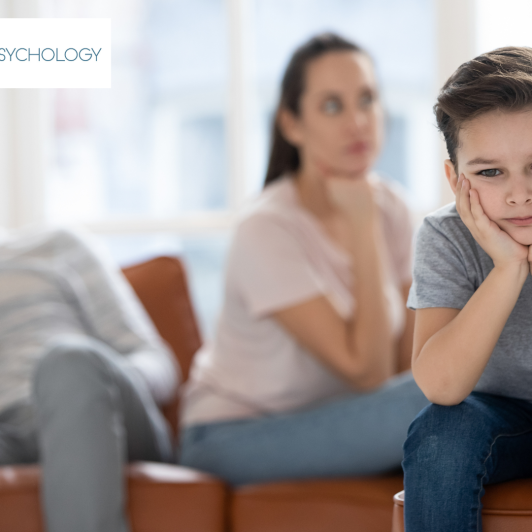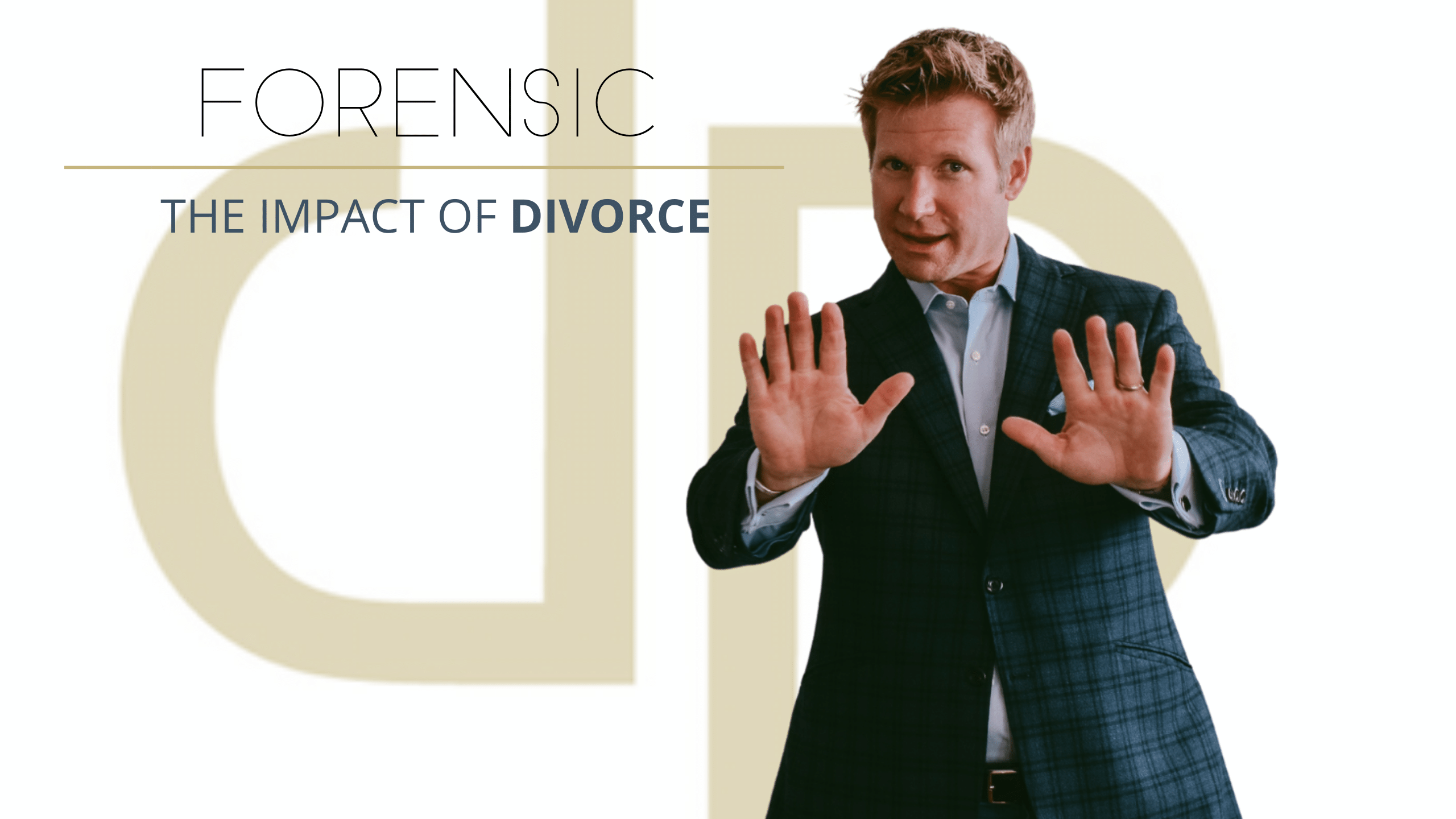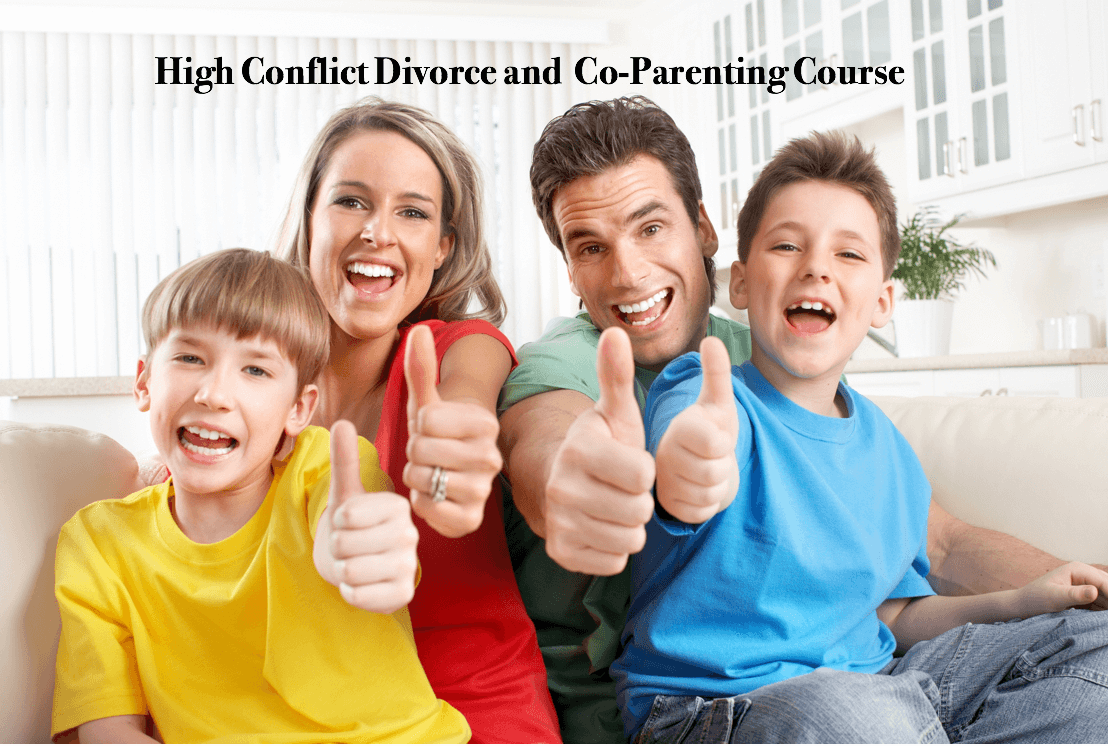- HOME
- PSYCH SERVICES
- BUSINESS & PERFORMANCE PSYCHOLOGY
- CLINICAL, COUPLES, & FAMILIES
- ADHD Treatment & Evaluation Services
- Anger Management
- Anxiety Treatment & Evaluation Services
- Borderline Personality Treatment Services
- Cognitive Behavioral Therapy (CBT) Self-Help
- Couples Counseling and Marital Therapy
- Consent for Psychological Services for Minors Post-Divorce
- Depression Treatment Services
- Infidelity Recovery
- Jacksonville Counseling and Psychology
- Military Psychology & Tricare
- Narcissistic Personality Treatment Services
- Online Counseling
- Psychoeducational Testing
- Psychological Testing and Assessment
- Psychotherapy & Counseling
- FORENSIC PSYCHOLOGY & EXPERT TESTIMONY
- LIFE COACHING & EXECUTIVE COACHING
- PSYCHOLOGICAL PUBLIC DISABILITY QUESTIONNAIRES (DBQ)
- ONLINE COURSES
- Our Partnership Begins When You Purchase an Online Course
- Get to Know Dr. D’Arienzo, Relationship Expert
- Florida Premarital Preparation Online Course
- Georgia Premarital Education Online Course
- TwogetherinTexas Premarital Online Course
- Tennessee Premarital Preparation Online Course
- Minnesota Premarital Education Course Online
- Oklahoma Premarital Counseling Online Course
- South Carolina Premarital Preparation Course
- West Virginia Premarital Education Course
- Online Marriage and Relationship Tune Up Course
- Florida DCF Certified Parent Education and Family Stabilization Online Course
- Georgia Qualified Parent Education and Family Stabilization Online Course
- Texas Qualified Parent Education and Family Stabilization Online Course
- High Conflict Co-Parenting Online Certificate Course (8 Hours)
- Online Anger Management Four Hour Course (Level 1)
- Online Anger Management Eight Hour Course (Level 2)
- Sexual Harassment Online Training
- MMPI/GUARD/LEO
- CPI Police and Public Safety Assessment
- G License Psychological Testing
- Online Psychological Testing for Armed Security Guards and Personal Protection Officers
- MMPI Texas Level III CSO and IV PPO Psychological (ONLINE)
- Requirement for Texas Security License Applicants: MMPI Evaluation
- Level 3 Security Guard New Mexico Online MMPI Psychological Evaluation
- TEAM
- SOCIAL MEDIA/BOOKS
- APPT REQUEST
D'Arienzo Psychology Blog
Navigating Bohannon’s Six Stages of Divorce: A Psychologist’s Guide to a Smoother Transition
Posted by: Dr. Justin D'Arienzo, Psy.D., ABPP
Divorce is more than a legal split. It’s a complex emotional, social, and psychological journey. Learn how Bohannon’s six stages of divorce affect families and discover expert-backed strategies to ease the transition with the help of D’Arienzo Psychology’s specialized divorce courses.
Maintaining Friendships Amidst Divorce: A Manual for Avoiding Friend-Picking

Posted by: Dr. Justin D'Arienzo, Psy.D., ABPP
During a divorce, emotional challenges can make friends feel pressured to choose sides. However, with the right approach and empathy, this stress can be avoided. Open, honest communication is key, as is avoiding negative discussions about your ex in friends’ presence. Seeking professional counseling can be beneficial. Emphasizing empathy, urging mutual friends to continue relationships with both parties, and recognizing one’s role in the divorce can all help ensure friends stay neutral, enabling them to support both parties without feeling divided.
Charting a Course for a Cordial Divorce: A Comprehensive Manual

Posted by: Dr. Justin D'Arienzo, Psy.D., ABPP
Amid rising divorce tensions, the concept of a cordial divorce is gaining traction, emphasizing collaboration, negotiation, and mutual respect to reduce emotional and financial strains (Morrison, 2023). Effective communication, including open expression of feelings and setting conversational guidelines, is vital. Engaging a mediator or collaborative divorce advocate aids in resolving conflicts amicably. Prioritizing children by crafting a focused parenting plan ensures their well-being, while personal psychological care through therapy can enhance the entire divorce experience. Adopting a cordial approach leads to better post-divorce relationships and overall well-being.
Managing Communication with High-Conflict Parents: A Guide

Posted by: Dr. Justin D'Arienzo, Psy.D., ABPP
The article “Managing Communication with High-Conflict Parents: A Guide” offers a comprehensive strategy for communicating effectively with high-conflict parents. Key tactics include understanding, empathy, and boundary-setting. To manage one’s emotions, the article recommends mindfulness techniques and self-care practices. It emphasizes using clear language and the BIFF (Brief, Informative, Friendly, Firm) method for productive discussions. The principle of ‘active neutrality’ is endorsed to avoid escalating disagreements. It further underscores the importance of documenting all communications, especially in custody cases. Professional assistance is advised when conflicts become overwhelming. Ultimately, the welfare of the child should be the main priority in all conversations. The article concludes by offering related courses for additional guidance.
Charting Parenting Plans Post-Divorce: A New Roadmap

Posted by: Dr. Justin D'Arienzo, Psy.D., ABPP
This article highlights the importance of crafting a well-structured parenting plan after divorce. It emphasizes the need for strategic planning, effective communication, and a focus on the child’s well-being. The article explains that a parenting plan is a written document that outlines various aspects of parenting, including living arrangements, visitation rights, and decision-making. Research suggests that the primary goal of a parenting plan is to reduce conflict, promote stability, and ensure the emotional well-being of the child. The article emphasizes the significance of maintaining a collaborative and child-centered approach during the planning process. It suggests incorporating the views of children, as studies show that their involvement leads to better adjustment to the changes brought about by divorce. Flexibility is also crucial, as the plan should adapt to the evolving needs of the child. The article highlights the usefulness of digital tools in managing parenting plans, offering examples of applications that facilitate communication and organization. Lastly, the article encourages seeking professional assistance from psychologists, divorce counselors, and mediators to ensure a mutually agreeable co-parenting plan. By prioritizing the child’s needs, promoting open communication, and utilizing available resources, divorced parents can develop a comprehensive parenting plan that serves the best interests of everyone involved.
How Does Divorce Coaching Work?

Posted by: erica
Want to see if divorce coaching is right for you? Ms. Cynthia Salameh, attorney and certified Florida Supreme Court Family Mediator practices at D’Arienzo Psychology as a qualified parenting coordinator and divorce coach. Give us a call today at (904) 379-8094 to get started!
What Is Divorce Coaching?

Posted by: erica
You have tried everything you can, but your marriage has reached a level of toxicity that can no longer be handled. The questions going into the process of divorce are numerous and never ending as you start to consider it as an effective option. Divorce has the potential to be a difficult and lonely […]
How to Adjust to the Sudden News of Divorce

Posted by: Dr. Justin D'Arienzo, Psy.D., ABPP
Whether the news of divorce is sudden or not so sudden, there are seven resiliency factors to aid you through this process. These factors contribute to stability for both individuals and families after divorce. If you can identify and grasp these areas to cope with your divorce early on, you will be able to better your parenting and co-parenting skills as well. Dr. D’Arienzo can assist you in finding resilience to become closer to family and friends throughout your divorce process. Take our parent education and family stabilization course or high conflict course to find out more about effective coparenting.
The Impact of Divorce

Posted by: Dr. Justin D'Arienzo, Psy.D., ABPP
Children and Divorce and My Experience as a Forensic Psychologist in Family Court: As a custody evaluator I’ve seen these parents at their worst. I remember one mom fighting for custody who aghast that her husband took the children to the pediatrician’s office. She told me that dads don’t belong in the pediatrician’s office….
High-Conflict Co-Parenting Course: Parallel Parenting

Posted by: Dr. Justin D'Arienzo, Psy.D., ABPP
A moderate level of conflict is normal when you are in the divorce or separation process. If you are experiencing high levels of conflict with your co-parent, it might be time to try parallel parenting. Parallel parenting is when you and the other parent take care of the children completely independent of one another. Click here to learn more about parallel parenting.




